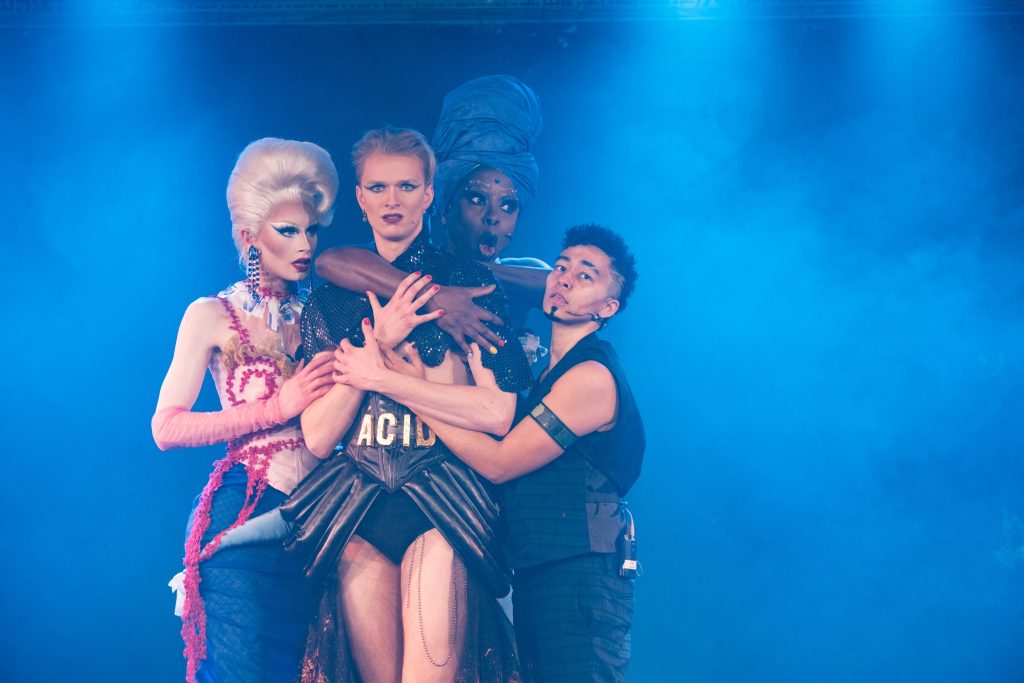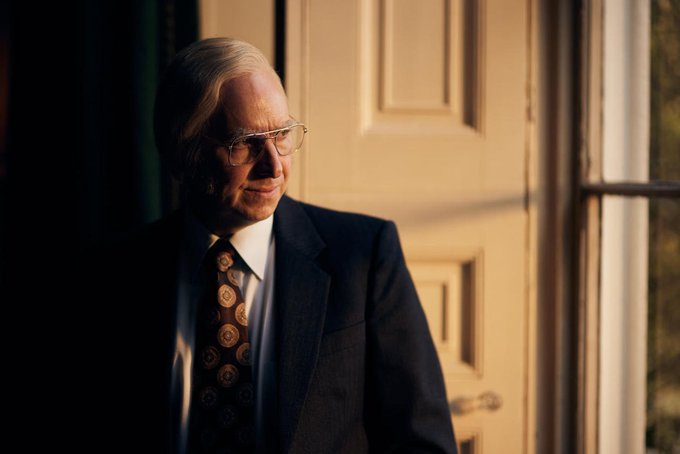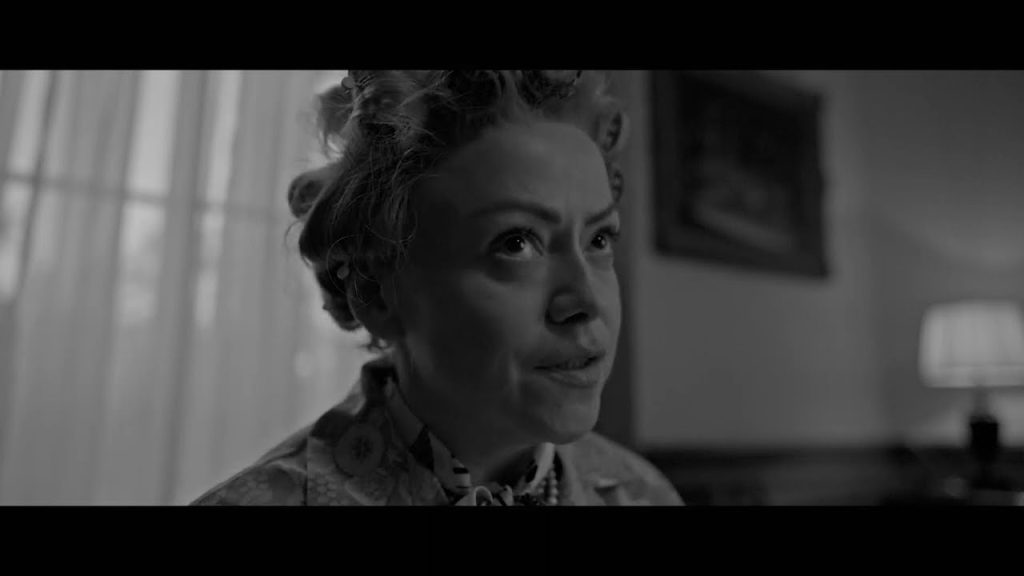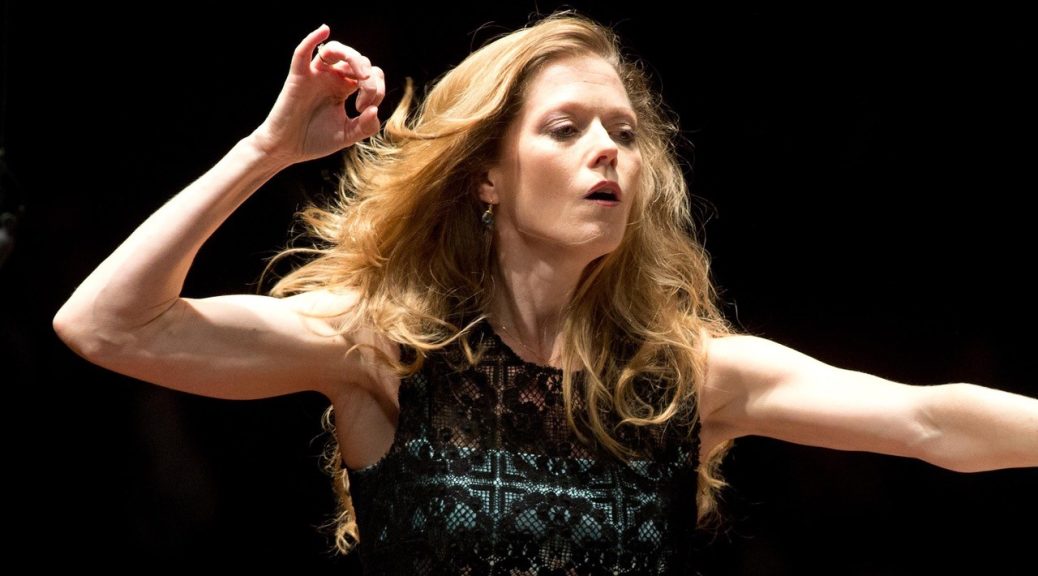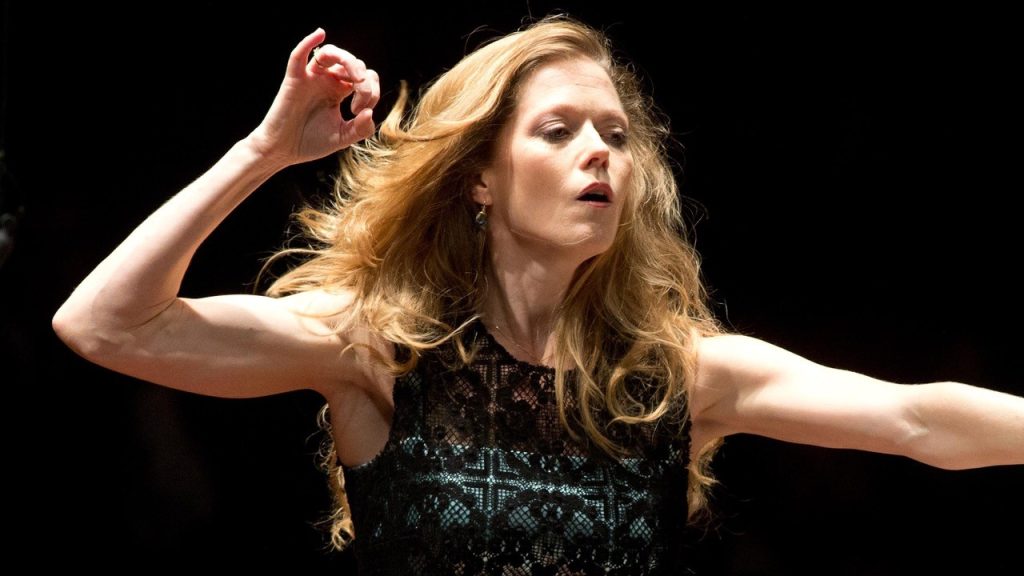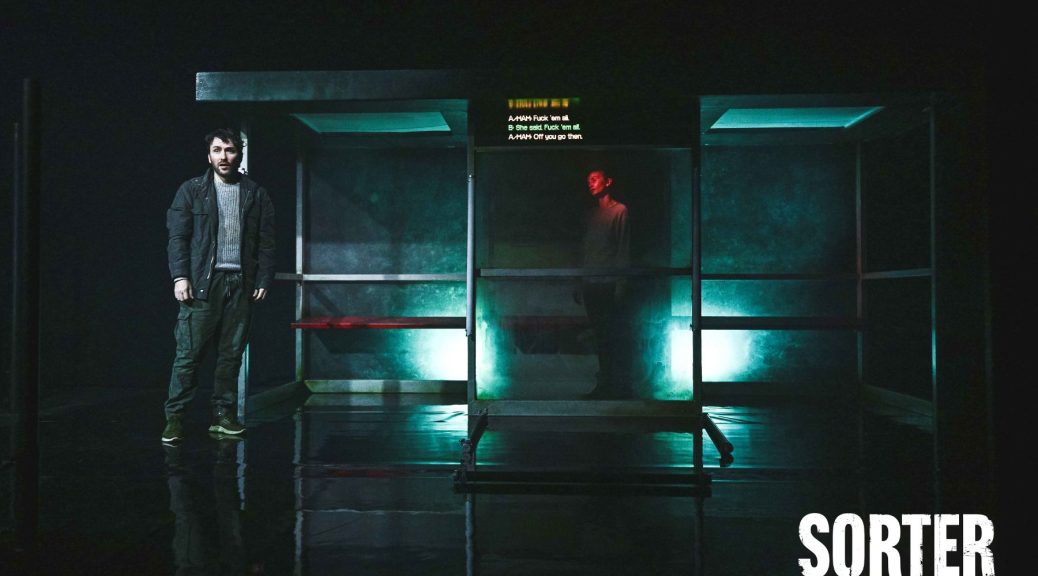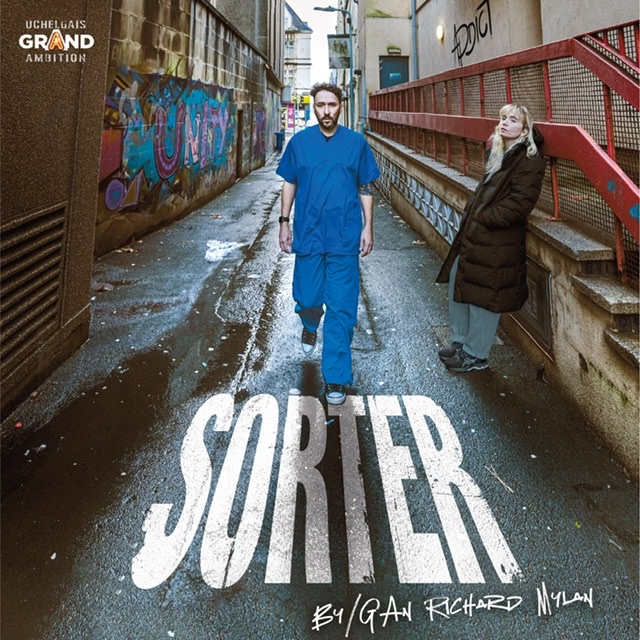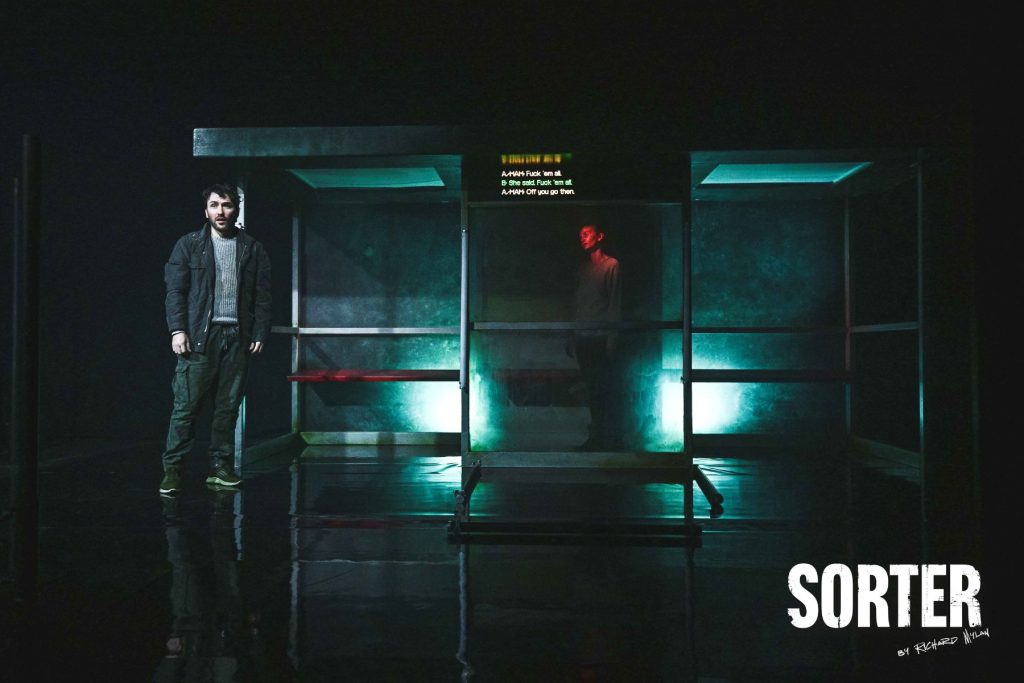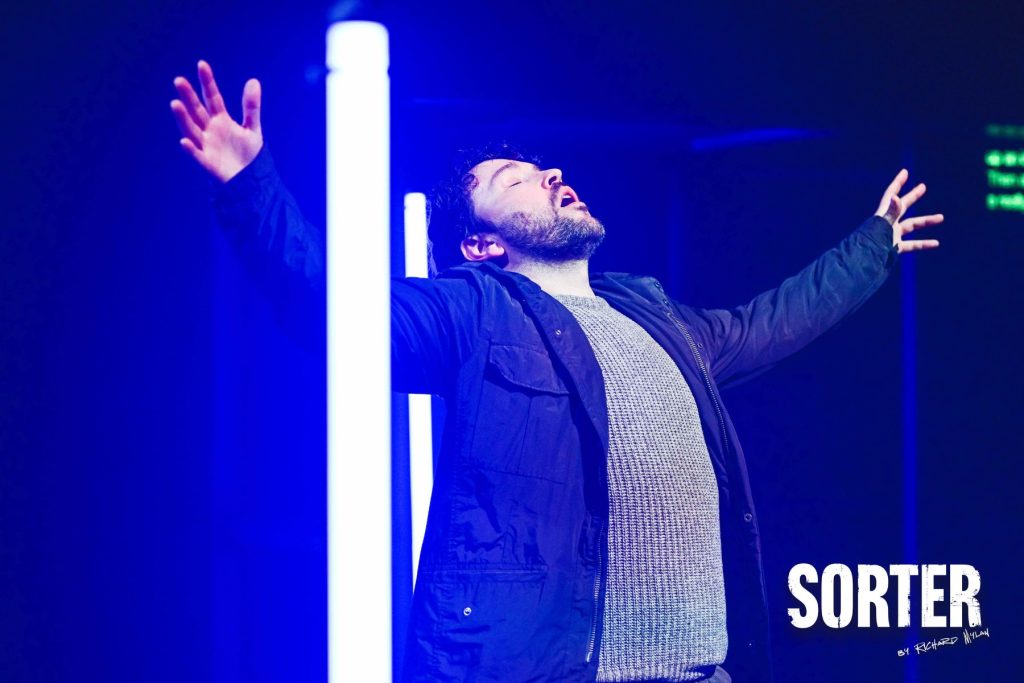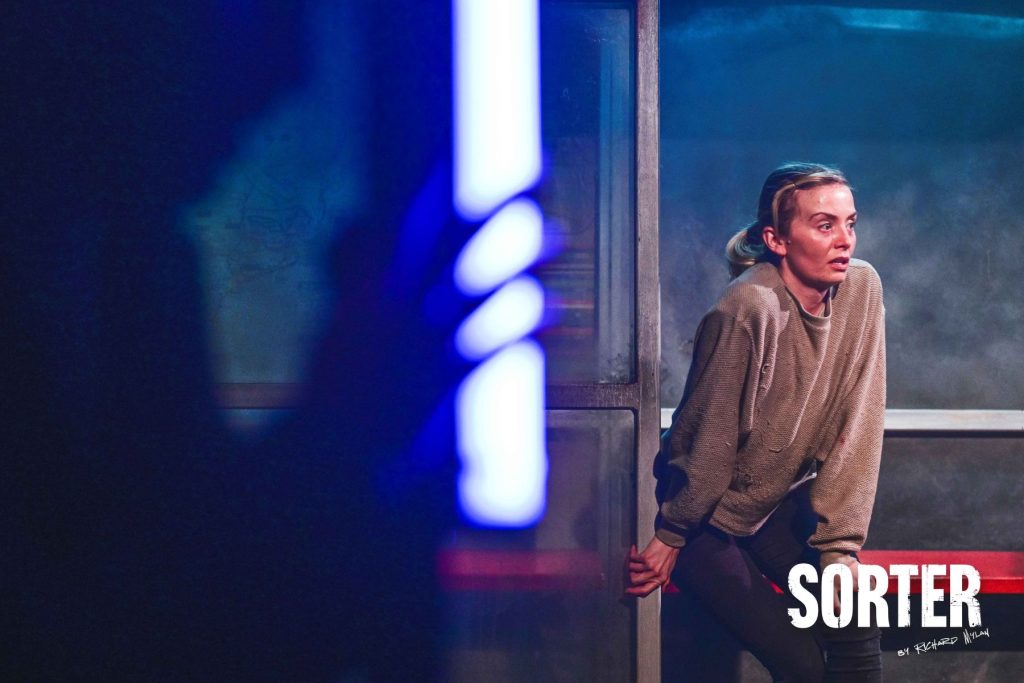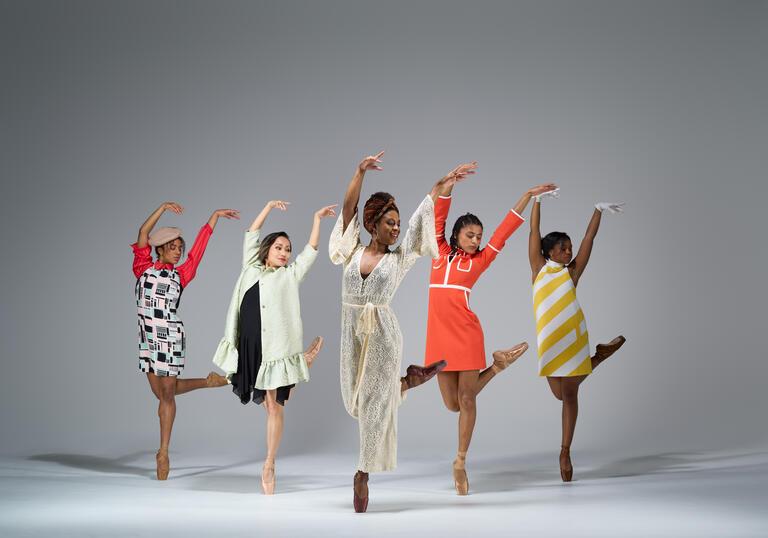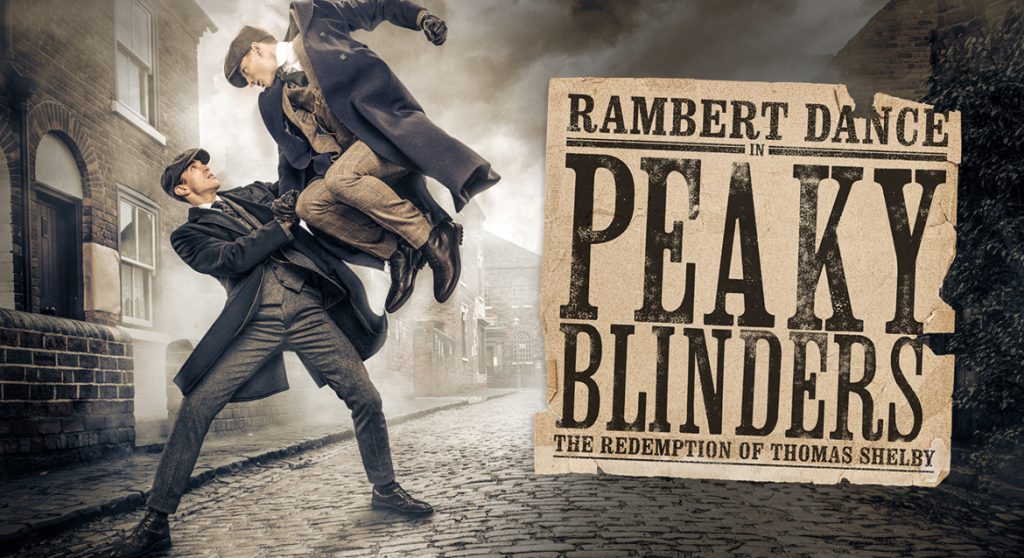
Peaky Blinders – The Redemption of Thomas Shelby
Ballet Rambert, Wales Millennium Centre, Cardiff
Writer and Creator: Steven Knight, CBE
Choreographer and Director: Benoit Swan Pouffer
Composer and Orchestration: Roman GianArthur
Reviewer: Barbara Michaels
 (3.5 / 5)
(3.5 / 5)
No need to stress if you didn’t watch the TV series. Ballet Rambert’s Peaky Blinders is in a class of its own, unique both as a production and as a dance form. Although danced in the main in contemporary dance style with more than a touch of street dancing – razors, knives etc – choreographer and director Benoit Swan Pouffer uses classical dance moves too. Not only uses them but dares to improvise, building on to the traditional with innovative use of classical ballet moves – with a dancer even performing a plié in mid-air.
Beginning with a brilliantly depicted scene from the battlefields of World I, the ballet moves through the life of one Tommy Shelby down the years, showing through him the ways in which those who fought in this horrendous war were affected throughout their lives even in they survived – a living death, as it were. As it moves on through the post-war years, Tommy’s life segues into a violent world full of murders and gang warfare, with knives and razors flashed – the latter hidden in and the raison d’ètre for – the peaked caps that gave the gang its name. This historically accurate production is not for the faint-hearted, but is well worth taking a deep breath and immersing oneself in what it portrays through dance form.
Creator Steven Knight, who wrote the original script for TV and together with Pouffer, adapted it into dance form, uses a live band on stage throughout for gunfire, air raid sirens and a plethora of music and sounds which works well in tandem with ever-changing themes composed and orchestrated by Roman GianArthur. Natasha Chivers’ lighting aids and abets, of particular note being the scene with searchlight beams and in the second half where an opium-fuelled Tommy descends into a living hell. Benjamin Zephaniah’s voiceover is both necessary and succinct, while set designer Moi Tran’s clever sets lend an authentic and atmospheric touch throughout: a colourful carousel lends a light touch for one scene. Having the dancers on two levels gives additional scope but at this venue means that audiences in stall seats are unable to see the dancers’ legs! Ben Zephaniah’s voiceover is both necessary and well done but pre-recorded vocals – recordings of different tracks which, despite being relevant, are over-loud for much of the time.
The love story between Shelby and his long-time sweetheart disappears and resurfaces throughout lending a necessary lightness of touch, as does a great scene in the second half with dancers dressed in costumes by costume designer Richard Gellar reminiscent of photos of Marilyn Monroe in her early days (a la Moulin Rouge or Talk of the Town for those old enough to remember these iconic London night spots!)
Ballet Rambert is justifiably famed for the high standard of its dancers, and this production underlies this with memorable moves executed with skill. Mention must be made here, in addition to the expertise of the dancers – notably Naya Lovell, Simone Damberg Würtz and Caiti Carpenter -of Musa Motha who, despite losing a leg to cancer when he was just ten years old, does not let that factor deter him in any way, resulting in a performance that is a privilege to watch not only for its depiction of the role but its perfection of technique.
Runs until Saturday March 25th at Wales Millennium Centre Cardiff, then touring.

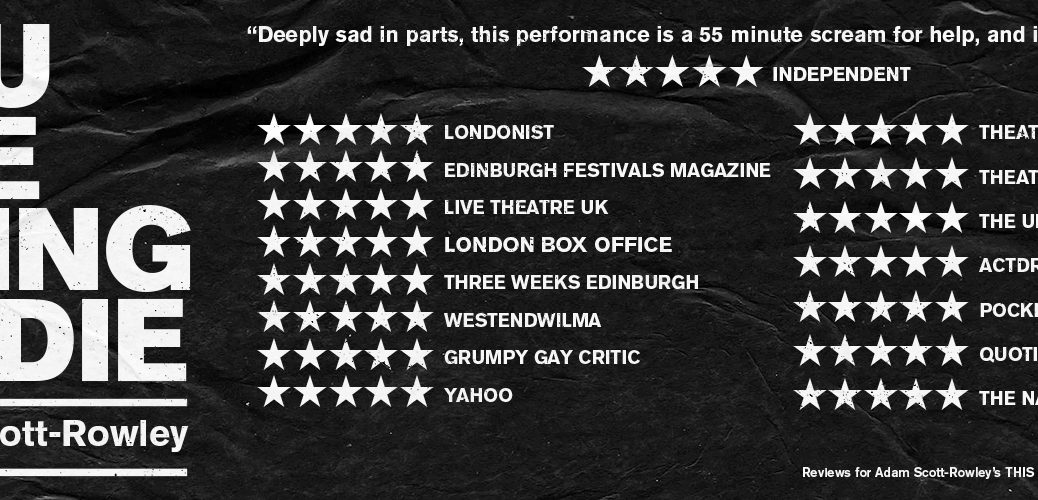
 (5 / 5)
(5 / 5)
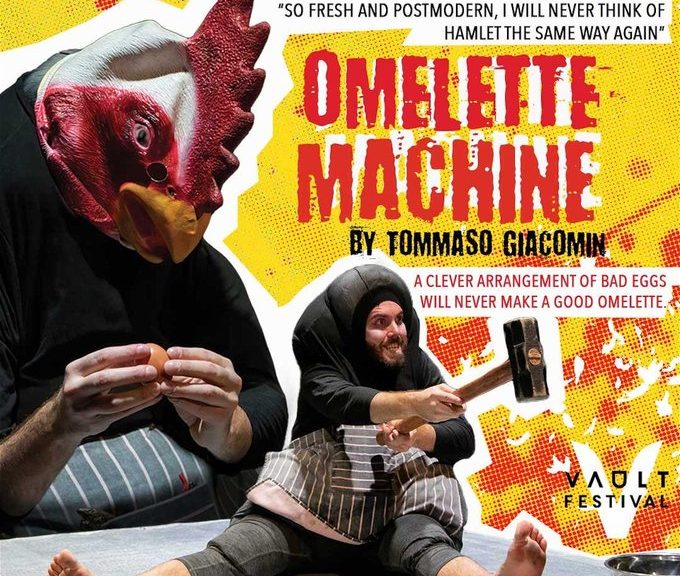
 (4 / 5)
(4 / 5)
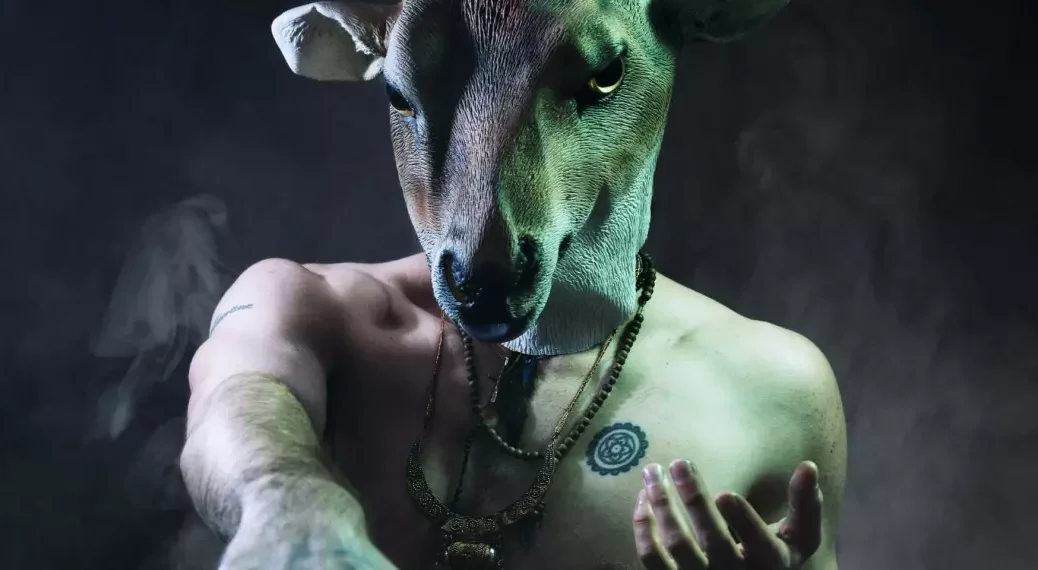
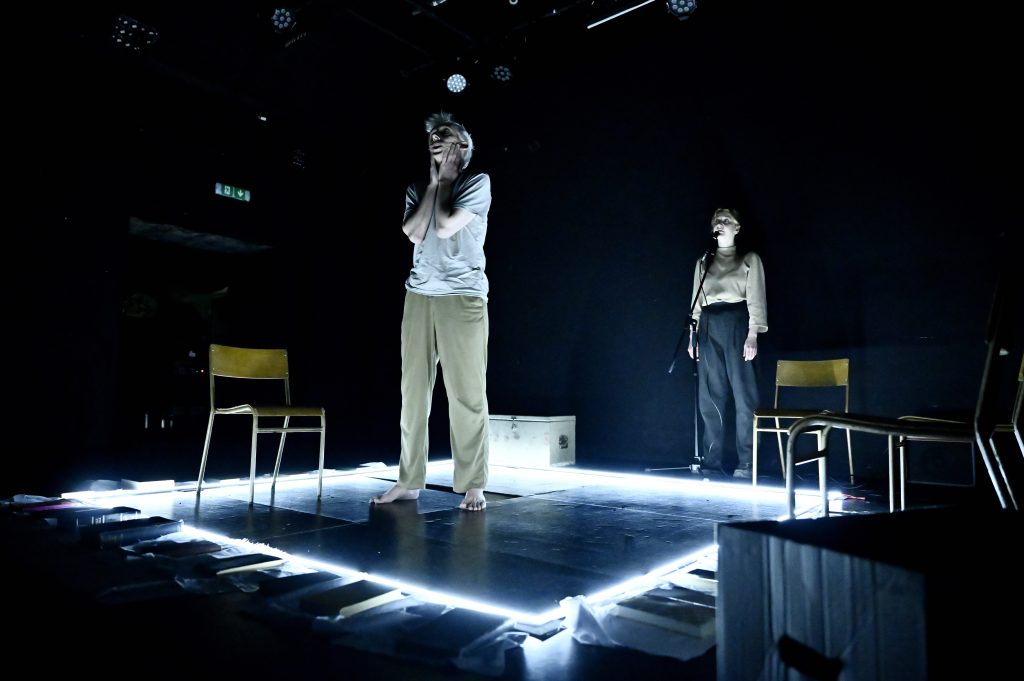

 (3 / 5)
(3 / 5)